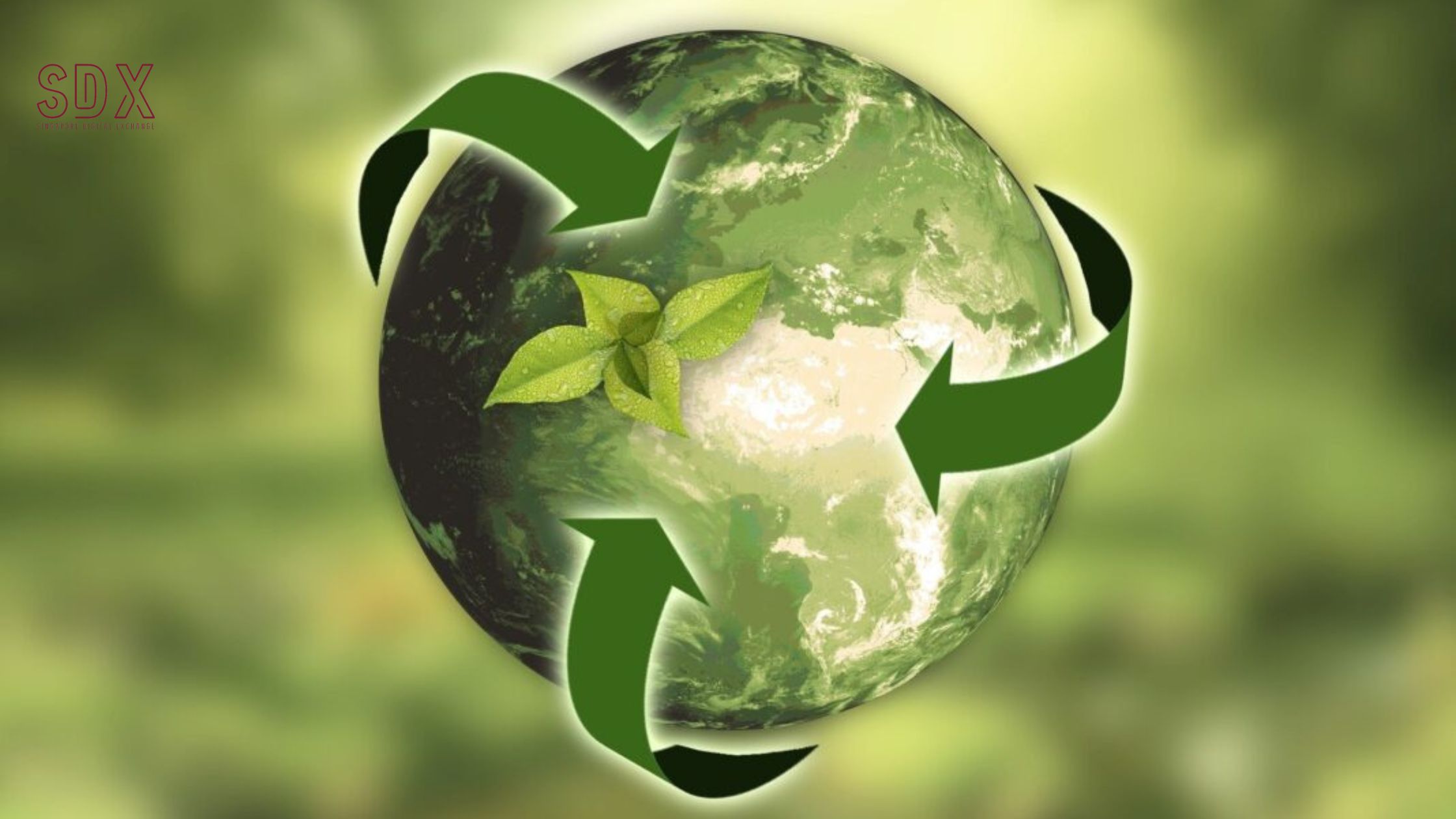They can, but it’s currently easy to game the system to make money by appearing to do something without actually making meaningful changes.
There are absolutely situations where spending a little money can sequester some carbon or prevent it from being emitted in the first place. Building some solar panels in places where they will reduce demand for coal plants is a simple example. It’s another thing to buy some land and plant a bunch of trees there.
But there are ways carbon sequestration schemes can go wrong:
You pay some people to build solar panels when they were going to install those solar panels anyway because they were the most cost-effective way to generate electricity in their situation without additional subsidies.
You pay people to protect forest land that they had no intention of developing. Or you pay them to protect it for a few years, then they change their mind a few years down the road.
You double dip. Say, you let cotton farmers collect carbon offsets for adopting low-till techniques, then you let manufacturers using that cotton to make shirts collect carbon offsets for their decision to use low-carbon cotton.
There are organizations that are very serious about avoiding these issues. They work hard to ensure that all offsets are additional, permanent, and otherwise unclaimed. I personally give money to Native Energy. But of course, there are companies that, through incompetence or malice, are doing little good with money spent on carbon offsets. Unsurprisingly, these companies offer offsets at the cheapest rates, and so when large for-profit corporations announce they are offsetting their carbon emissions. To know more info about carbon credits visit our blog.


